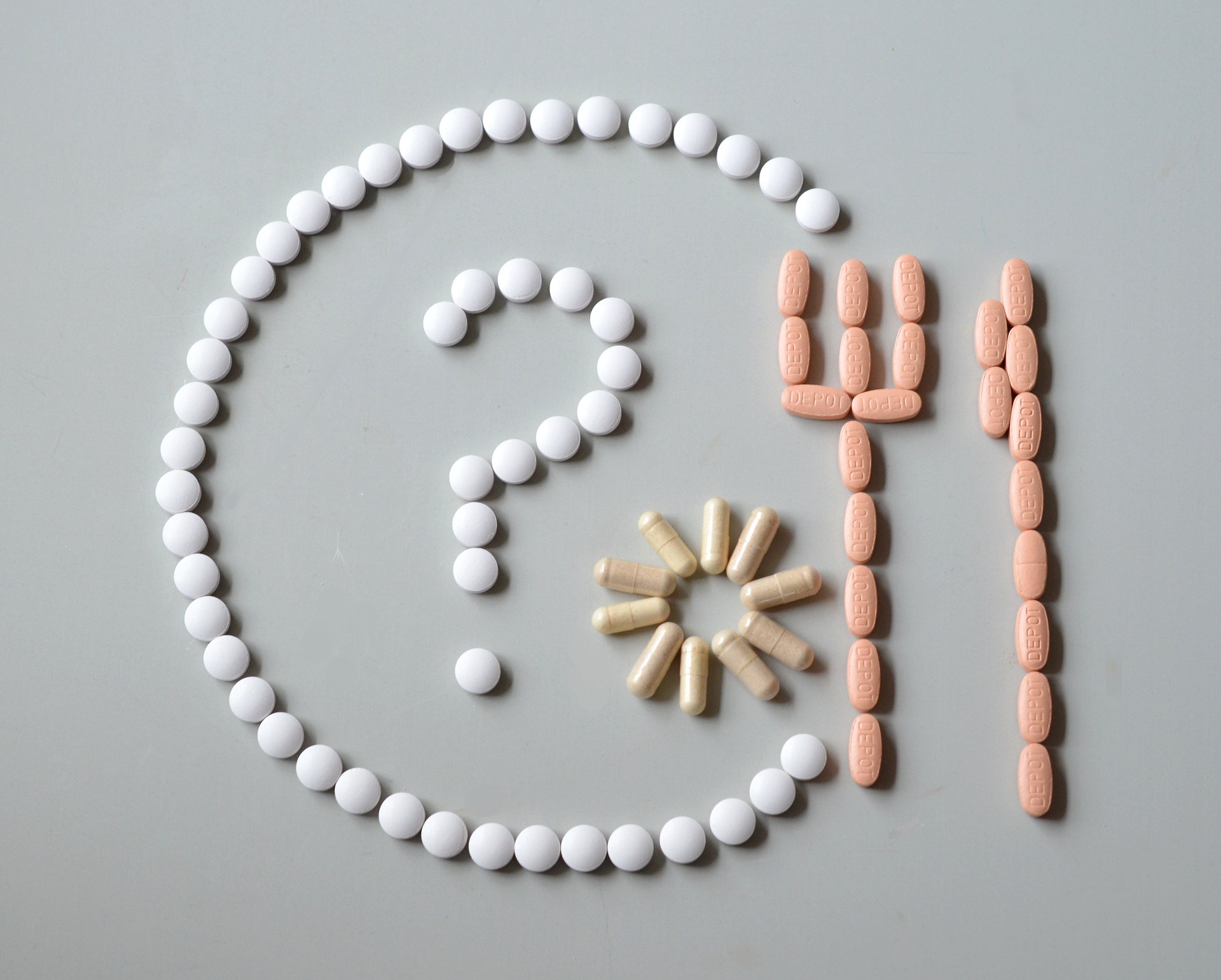Chronic Kidney Disease (CKD) is a challenging medical condition that affects millions of individuals worldwide. It not only impacts physical health but also has significant implications for emotional well-being and interpersonal relationships. Navigating the complexities of CKD while maintaining healthy and fulfilling relationships can be a daunting task. However, with understanding, open communication, and mutual support, it is possible to manage CKD and foster strong connections with loved ones. In this article, we'll explore some essential tips and insights on how to handle Chronic Kidney Disease and relationships.
1. Education and Awareness
First and foremost, knowledge is power. If you or your partner are diagnosed with CKD, it is crucial to educate yourselves about the condition. Understanding the causes, symptoms, and treatment options can help dispel misconceptions and fears. By becoming informed, you can support each other more effectively and make well-informed decisions regarding medical care and lifestyle adjustments.2. Open and Honest Communication
Communication is the cornerstone of any healthy relationship, especially when dealing with a chronic illness. It's essential to be open and honest about your feelings, fears, and needs. If you have CKD, let your partner know how the condition affects you physically and emotionally. Likewise, encourage your partner to express their concerns and emotions. A non-judgmental and empathetic environment can strengthen your bond during difficult times.3. Seek Support Together
Facing CKD can feel overwhelming, but remember that you don't have to go through it alone. Lean on each other for support and seek support from family, friends, or support groups. Participating in support groups can provide a sense of belonging and the opportunity to connect with others who understand your experiences. Sharing your journey with people who are in similar situations can be cathartic and empowering.4. Adapt and Adjust Together
Chronic Kidney Disease often requires lifestyle changes and modifications to daily routines. This process can be challenging, but facing it together as a team can make it more manageable. Create a plan to adapt to the necessary adjustments, such as dietary changes or medication schedules. Working together to implement these changes can foster a sense of unity and strengthen your relationship.5. Encourage Self-Care
Taking care of oneself is vital, both for the individual with CKD and their partner. Encourage each other to engage in self-care practices, such as hobbies, exercise, or relaxation techniques. Managing CKD is a team effort, and ensuring that both partners prioritize their well-being will lead to a healthier and happier relationship.6. Be Patient and Understanding
CKD may cause fluctuations in energy levels and emotions. Be patient with each other and remember that both of you are navigating uncharted waters. Understand that some days will be more challenging than others, and it's okay to seek help from mental health professionals if needed. Your relationship will benefit from the understanding and compassion you show each other.7. Celebrate Milestones Together
In the face of chronic illness, celebrating small victories becomes even more important. Whether it's adhering to treatment plans, managing symptoms effectively, or simply spending quality time together, celebrate these milestones as a couple. Acknowledging each other's efforts and achievements will reinforce your bond and create positive experiences amidst the challenges of CKD.Conclusion
Dealing with Chronic Kidney Disease and relationships can be a complex journey, but it is not insurmountable. By educating yourselves, fostering open communication, seeking support, and adapting together, you can navigate this path hand in hand. Remember that CKD is only one aspect of your lives together, and with love, understanding, and mutual care, you can build a resilient and fulfilling relationship despite the challenges posed by the condition. Embrace the journey, cherish each other, and face CKD as a united team.Are you tired of living under the shadow of kidney disease? Are you yearning for a life free from the shackles of dialysis, kidney failure, and the looming threat of kidney transplants? If so, you're in the right place at the right time. Imagine waking up every morning with boundless energy, feeling rejuvenated and ready to take on the day. Envision a life where your kidneys are functioning optimally, and you no longer dread the burdensome routines of dialysis sessions. The Kidney Disease Solution Program is here to turn that vision into reality for you.


